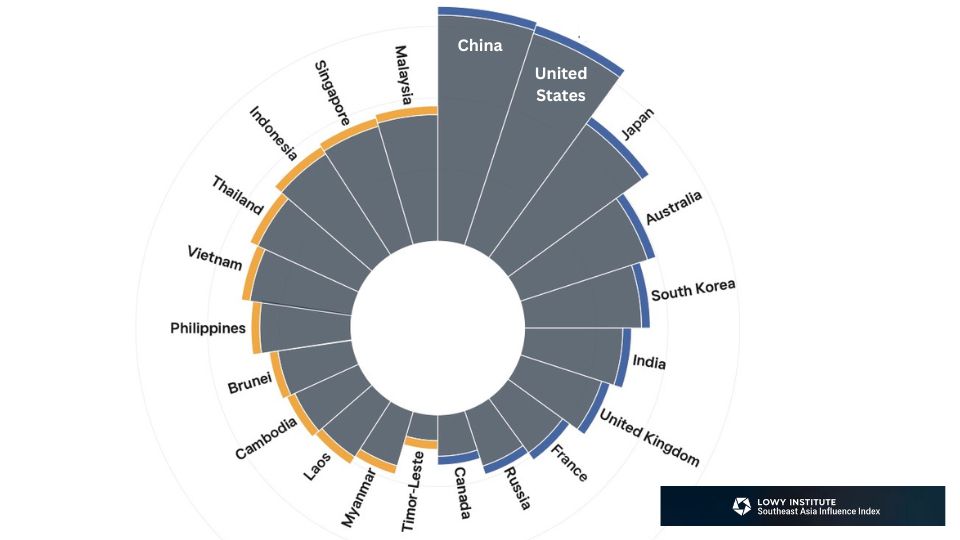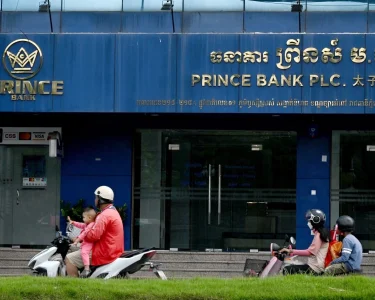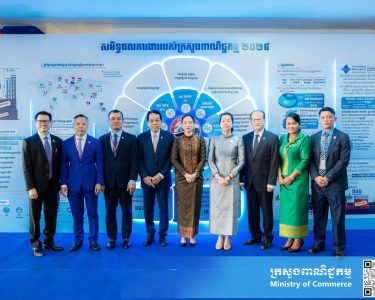Cambodia Investment Review
China has cemented its position as Cambodia’s most influential external partner, according to the Lowy Institute’s newly released Southeast Asia Influence Index 2025. The report underscores how Beijing’s growing economic role has boosted development in the Kingdom, while also raising concerns about overreliance on a single partner.
Expanding Economic Role
The Lowy Institute found that nearly half of Cambodia’s imports — 48% — now come from China, up from 41% in 2017. Chinese investment has also deepened: 44% of foreign investment inflows into Cambodia originate from China, doubling from 22% less than a decade ago
Read More: Cambodia Launches Five-Year Premium Rice Export Strategy, Targeting Asia’s Middle Class
These flows have driven growth in construction, infrastructure, and manufacturing, supporting Cambodia’s steady economic expansion. China is also the Kingdom’s top source of tourists and international students, reinforcing people-to-people ties and strengthening Beijing’s cultural influence.
High-level diplomatic visits and an expanding Chinese consular network add to this presence, with Chinese officials among the most frequent visitors to Cambodia.

U.S. Engagement Declines
By comparison, the United States plays a far more limited role in Cambodia. The Index estimates China’s influence in the Kingdom to be around 60% greater than that of Washington. Although the U.S. remains a significant aid donor, its overall economic and diplomatic footprint has been less consistent.
Foreign assistance cuts and tariffs introduced under the Trump administration have further strained engagement, suggesting Washington’s influence in Cambodia may erode further in the years ahead.
Balancing Regional Ties
Despite Beijing’s dominant role, the Lowy Institute stresses that Cambodia is not entirely within one partner’s sphere of influence. The Kingdom maintains active relations with neighbors Vietnam and Thailand, although historical rivalries and border disputes have complicated these partnerships.
At the same time, ASEAN membership continues to provide Phnom Penh with access to regional cooperation frameworks. Collectively, Southeast Asian countries exert more influence on each other than any single external partner, reinforcing the importance of intra-ASEAN relations.

Opportunities and Risks Ahead
For Cambodia, the growing partnership with China presents both opportunities and challenges. Chinese investment has helped finance infrastructure and support the country’s industrial growth, contributing to GDP expansion.
Yet the concentration of imports, capital, and tourism from one major partner also exposes Cambodia to economic and geopolitical risks. The Lowy Institute cautions that smaller economies like Cambodia remain particularly vulnerable to external shocks if diversification strategies fall short





